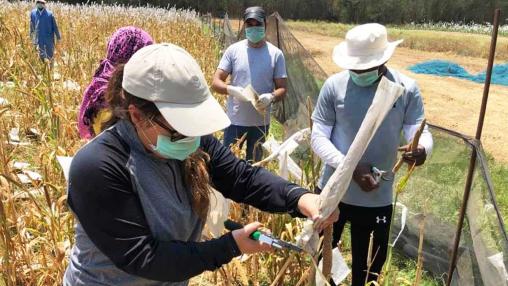
Addressing COVID-19 impacts on agriculture, food security, and livelihoods in India
With COVID-19 now spreading in India, massive consequences to health and livelihoods are feared, and the government has imposed a 21-day national lockdown to limit virus transmission. Given the precarious livelihoods of many Indians, agriculture, food security, and safety net policy and program responses are also urgently required. Prof. Mahendra Dev, an experienced academic and policy maker in India, provides additional insights into what actions and reforms are needed, and soon.—John McDermott, series co-editor and Director, CGIAR Research Program on Agriculture for Nutrition and Health (A4NH).
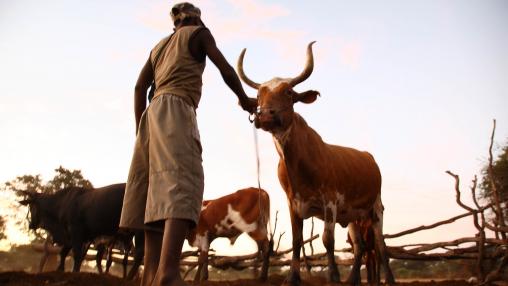
The Quest for Safer Foods: COVID-19 and Dairy Value Chains in Ethiopia
This post originally appeared on IFPRI's Ethiopia Strategy Support Program (ESSP) blog.
The share of households consuming dairy products in Addis Ababa has dropped by 11 percentage points since the COVID-19 crisis, seemingly linked to perceived risks of consuming dairy products. All income groups declined their consumption, except for the richest quintile where the share of consuming households changed little.
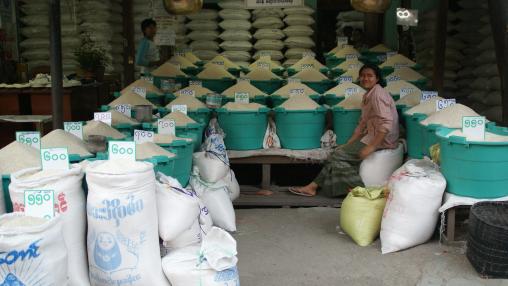
Food Price Index Falls for Third Consecutive Month
The FAO Food Price Index fell for the third consecutive month in April as global markets continue to see the effects of COVID-19. The 3.4-percent decrease brought the Index to the lowest point seen since January 2019.
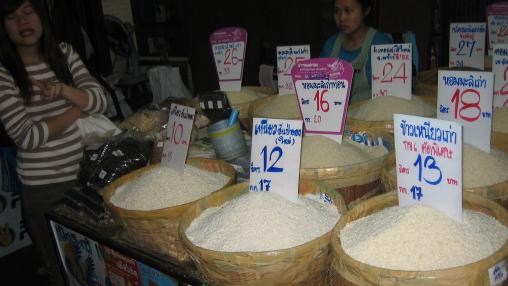
Food Price Index Falls for Third Consecutive Month
The FAO Food Price Index fell for the third consecutive month in April as global markets continue to see the effects of COVID-19. The 3.4-percent decrease brought the Index to the lowest point seen since January 2019.
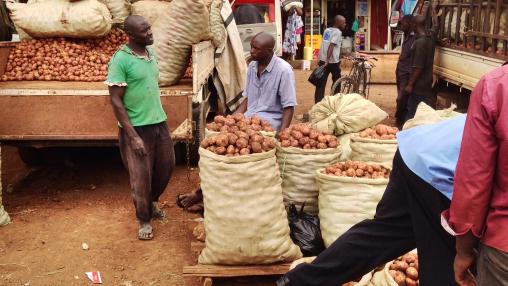
New COVID-19 Food Price Monitor tracks warning signs of stress in local markets
This post originally appeared on IFPRI.org.
Food systems are complex and the disruptions caused by COVID-19 are varied. Global analyses of trends in food supply, trade, and prices are useful. However, as Manuel Hernandez, Soonho Kim, Brendan Rice, and Rob Vos emphasize, daily price data in multiple countries and markets are needed to provide information to identify and respond to more specific local and national shocks—and a new Food Price Tracker tool is now available to meet this demand.—John McDermott, series co-editor and Director, CGIAR Research Program on Agriculture for Nutrition and Health (A4NH).

Announcing New Webinar: Near-Real-Time Monitoring of Food Crisis Risk Factors: State of Knowledge and Future Prospects
Webinar hosted by the Food Security Portal
8 May 2020, 9:00 - 10:30 EDT
Background
Food security and nutrition security, particularly in low-income countries, continue to face significant challenges, from volatile food prices, climate change-driven shocks, and conflict to pandemics and economic downturns. A number of research efforts exist around the world to allow near-real-time monitoring of these and other risk factors that drive food crises. This work includes monitoring production-related information, climate and conflict data, price information, and other factors in order to identify the likelihood of acute food insecurity and help policy makers enact timely policy responses.
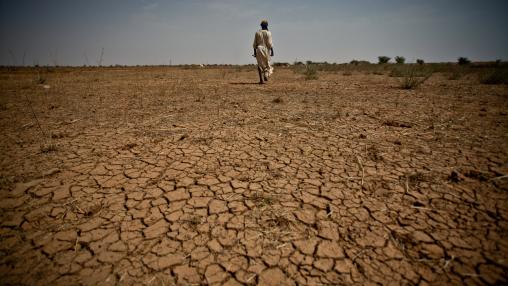
Food Crises Increase Around the World: 2020 Global Report on Food Crises Released
An estimated 135 million people around the world faced acute levels of hunger in 2019, according to the 2020 Global Report on Food Crises, released this week. This number reflects the highest level of acute hunger seen since the report’s inception in 2017.

Building inclusive food systems: 2020 Global Food Policy Report Released
Inclusive, sustainable food systems are crucial for long-term economic and food security, particularly in light of the new challenges presented by COVID-19.
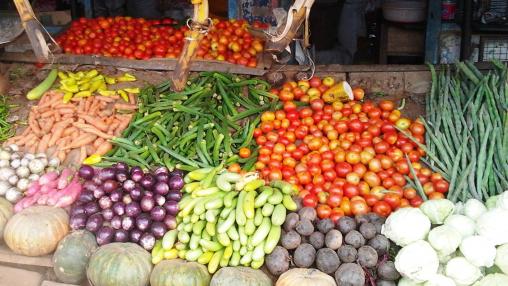
Poverty and food insecurity could grow dramatically as COVID-19 spreads
This post originally appeared on IFPRI.org blog.
As the COVID-19 pandemic spreads, social and economic relief measures—including fiscal stimulus and expansion of social safety nets—are crucial to prevent poverty and hunger from rising dramatically in developing countries. Rob Vos, David Laborde and Will Martin estimate this impact globally, finding that over 140 million additional people could fall into extreme poverty in 2020, including 80 million in Africa and 42 million in South Asia. Food insecurity would rise along with poverty. Without support, this global health crisis could thus cause a major poverty and food crisis.—Johan Swinnen, series co-editor and IFPRI Director General.
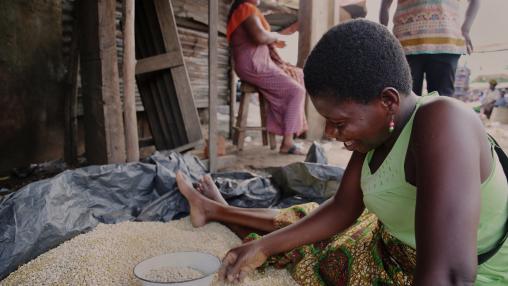
How COVID-19 may disrupt food supply chains in developing countries
This post originally appeared on IFPRI.org blog.
The organization of food supply chains (FSCs) is strongly affected by the level of economic development and factors such as urbanization and globalization. COVID-19 will thus have different impacts on FSCs in poor vs. in rich countries. Tom Reardon, Marc Bellemare and David Zilberman identify these structural differences and draw out the implications of widespread lockdowns and possible policy responses.—Johan Swinnen, series co-editor and IFPRI Director General.